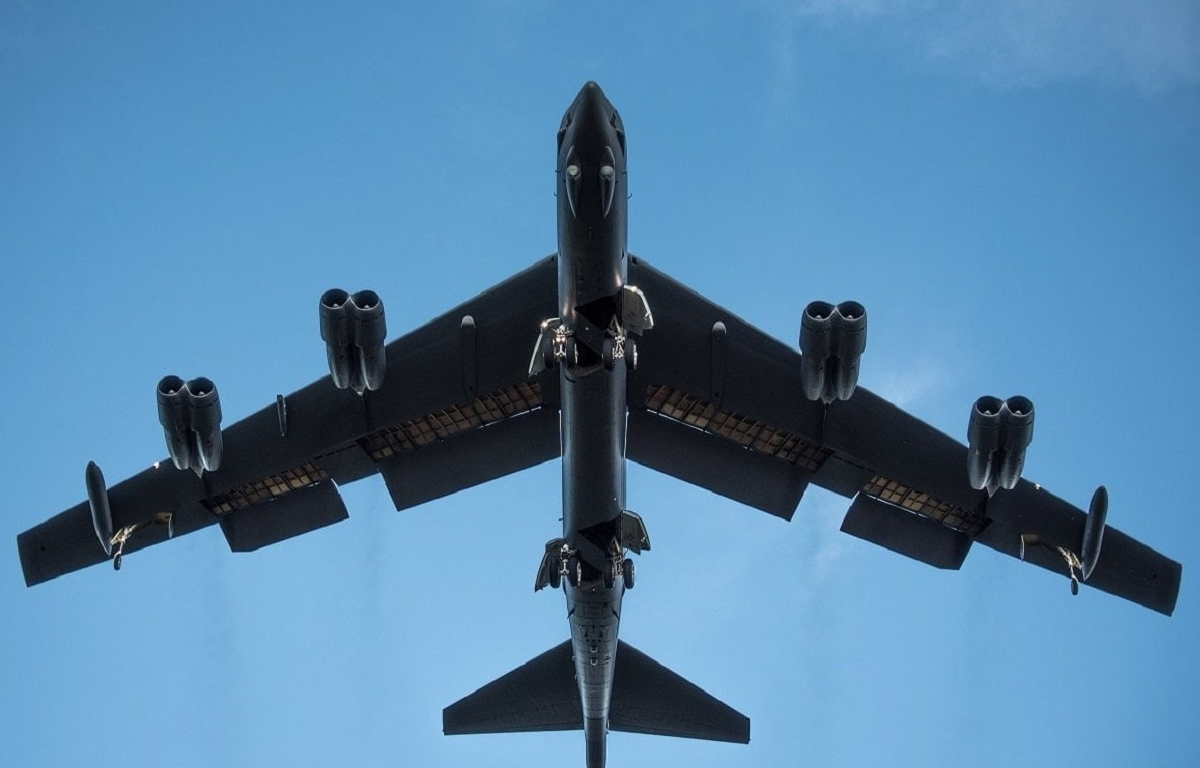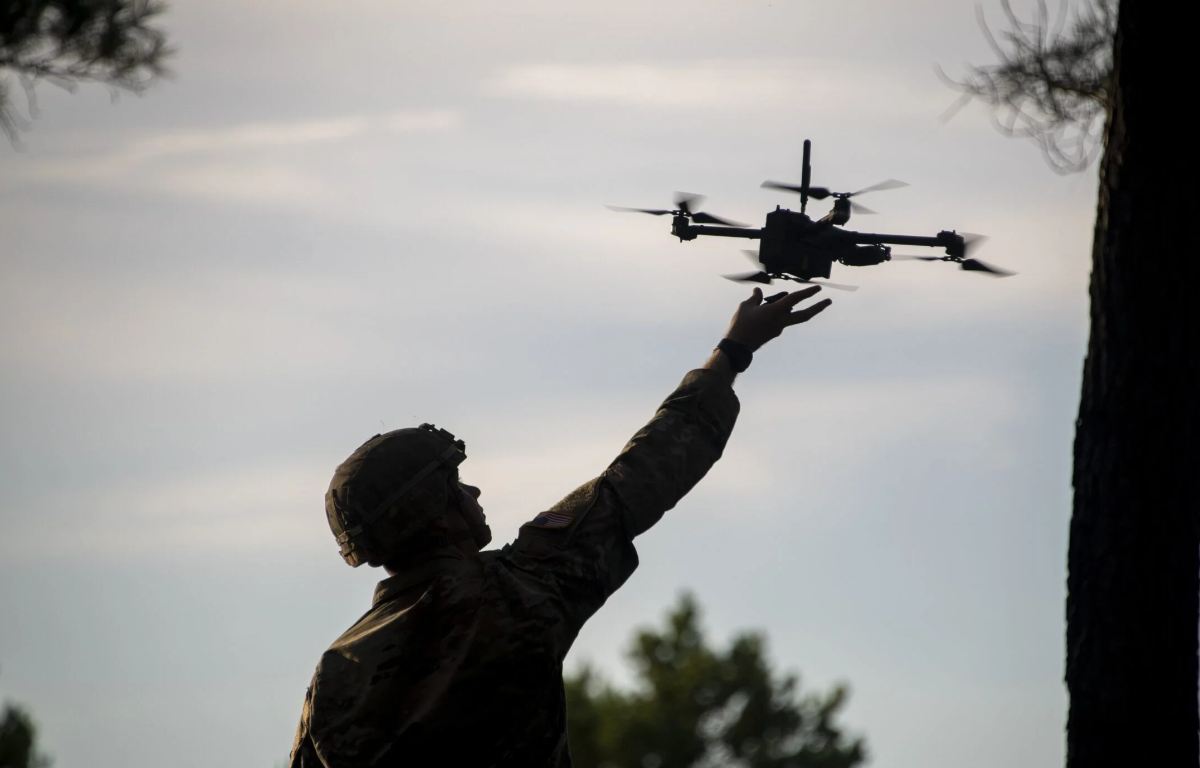
Russia, a pioneer in space exploration since the dawn of the space age, has reaffirmed its commitment to push the boundaries of human achievement in space. In a statement that echoed the audacity of the 1960s space race, Russian President Vladimir Putin announced an ambitious plan to conquer new frontiers. He outlined a vision that includes missions to the Moon, Mars, and even the construction of a lunar base.
The centerpiece of Russia’s renewed space ambitions is the development of the “Federation” spacecraft, designed to transport astronauts to the Moon and Mars. These plans have rekindled the idea of a new space race, with Russia seemingly poised to challenge the United States for supremacy in outer space.
On the other side of the globe, China, another space exploration heavyweight, appears to be taking a more pragmatic approach. Despite its significant achievements, including landing a rover on the far side of the Moon and rapidly expanding its space station, China has not engaged in the same rhetoric of competition.
China’s space program, led by the China National Space Administration (CNSA), seems to be focused on long-term objectives. Their emphasis is on scientific research, international collaboration, and sustainable space exploration. China has extended an open hand to cooperation with other nations, inviting them to participate in its space station project, Tiangong.
While Russia’s announcement might have stirred memories of the Cold War-era space race, the current global landscape suggests a different approach. In the 21st century, space exploration has become more collaborative than competitive. International space agencies, including NASA, ESA (European Space Agency), and Roscosmos (Russia’s space agency), have been working together on various missions, such as the International Space Station (ISS).
China’s willingness to collaborate is in line with this global trend. Their openness to partnerships in space research, technology development, and the construction of the Tiangong space station signals a recognition of the collective benefits of international cooperation in space.
In the grand scheme of things, space is vast, and there is room for multiple nations to explore and contribute to our understanding of the cosmos. While headlines may speak of a new space race, it is essential to recognize the evolving dynamics of space exploration. The emphasis today is not solely on planting flags but on advancing scientific knowledge, conducting research, and preparing for the challenges of future missions beyond Earth’s orbit.
In this context, Russia’s renewed commitment to space exploration and China’s cooperative approach may not be in direct competition after all. Both nations, alongside others like the United States and the growing number of private space companies, have important roles to play in shaping the future of humanity’s presence in space.
As we look to the stars, it is not about competing to reach the finish line first but about working together to unlock the mysteries of the universe. The 21st-century space race is one where collaboration, not competition, might be the key to achieving the loftiest of goals in the cosmos.










Share this: